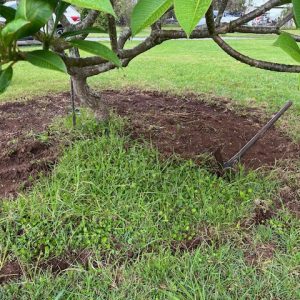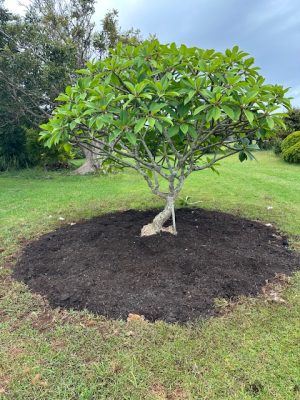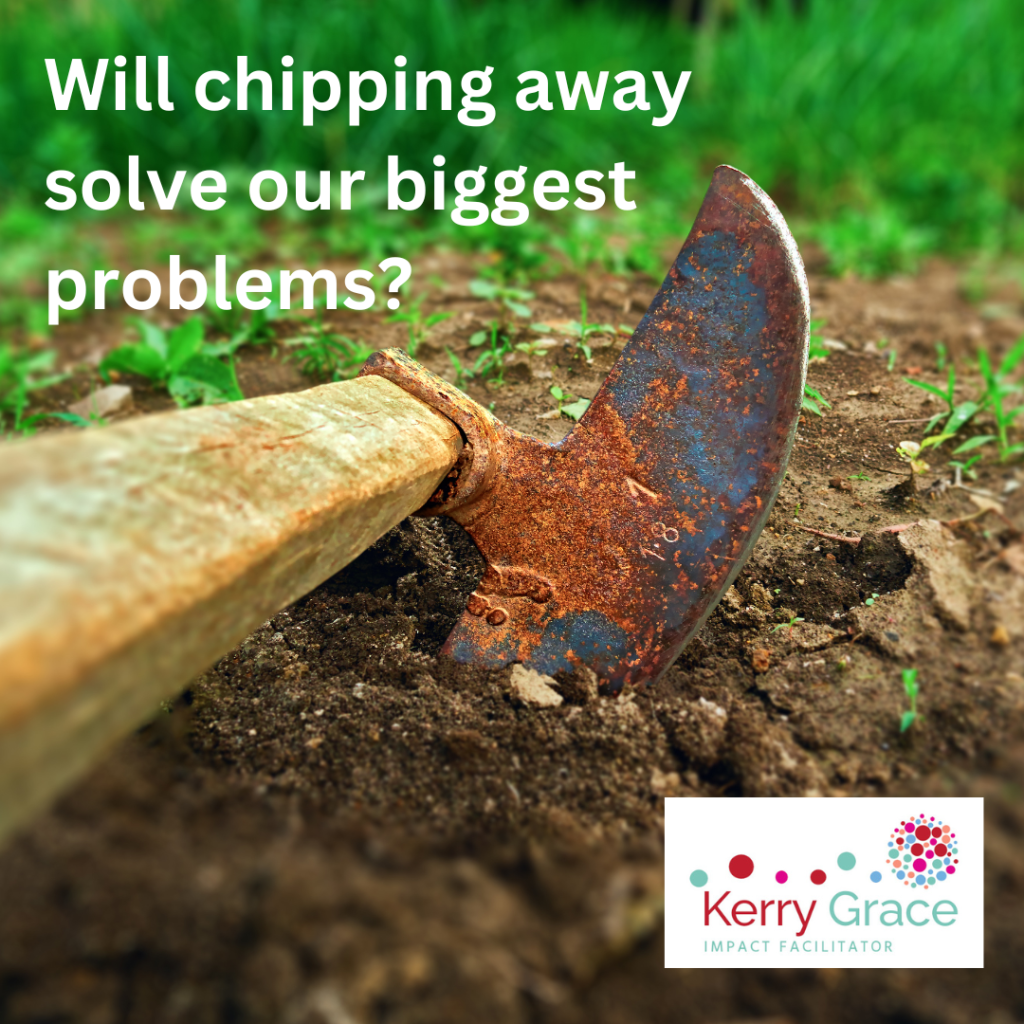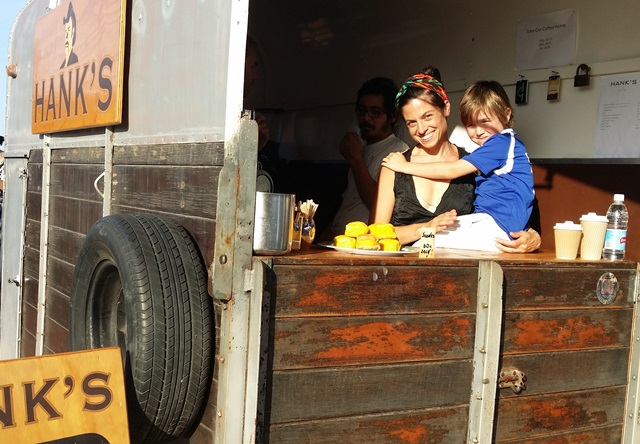Every summer I look forward to some decluttering and garden time. I sweat, I swear, I purge and I feel an enormous amount of satisfaction as my body aches, the sun kisses my skin and I remember – if I choose to, I can and that makes me very lucky.
As I work, I think and this summer I’ve been thinking about my approach to change in the communities I work in. I’ve been questioning my approach as much as my roles.
Of course these questions are further impacted by recent conscious life changes; packing in a massive leadership role; getting ready to turn 50 (territory where (so I’m told) I move from being righteous to just being right (that’s a joke, well, kind of)); traveling across the globe and preparing the final stages of family life as I’ve known it. It’s a time of massive upheaval, I’m ready.
As I chip away at a garden bed I think of how those of us who choose to work in community are encouraged to chip away slowly, steadily at our most pressing issues and opportunities. It’s true, it is important to be still, to get permission, to steady and wait for others to catch up, to wait for the time to be right, or the funding to be allocated or the stars to align.
But sometimes that’s not OK.
It didn’t take much chipping of the garden before my back ached, my eyeballs started to sweat (or so it felt) and I started to wonder what the hell I was doing. I thought about how difficult it was for me, as a woman of action to chip away, rather than call in a lightning bolt of change and how ‘slow’ has always annoyed me.
As the garden bed around my frangipani tree slowly but surely expanded I was painfully reminded how this chipping processes takes time, energy and a whole lot of tenacity. If any of these ingredients subside, which they often do in community it all stops, any progress is lost and the next person has to start the chipping all over again.
 Nevertheless I kept chipping, and thinking. Every muscle in my body ached and as the hot sun burned into my skin I adjusted my tactics – got up earlier, took water and mozzie coils out with me, did it in little bursts and rested in between.
Nevertheless I kept chipping, and thinking. Every muscle in my body ached and as the hot sun burned into my skin I adjusted my tactics – got up earlier, took water and mozzie coils out with me, did it in little bursts and rested in between.
It got easier, I could see a clearly defined border, I was almost there. I thought about how good it was to see the finish line, and I was pleased there was a clearly defined end point, a point where I’d know the job was done.
Community problems don’t always have that luxury and in theory we could just keep chipping away forever.
Many hours later I filled the hole with alpaca fleece and mulch, stood back and admired my handy work. Actually I was a bit underwhelmed by the lacking fanfare and the realisation that the hole wasn’t really that big. Nevertheless I reassured myself the result was there and… I did it. As a seasoned community practitioner I know that’s usually all you get. 

But the idea of chipping away and it’s relevance in community problem solving kept bugging me. I wondered what was actually wrong with a slow, steady approach to change. I realised that perhaps it’s not the slow, incremental steps that are the issue. The issue is actually when the steps are stifled by:
-
Diluting the potency of any organisation and thereby their ability to create sustainable change by setting up competitive funding processes which lean into funding the best story – rather than the best practice.
-
Waiting for a grant to get started, there are always other ways.
-
The practice of complaining, whinging and moaning rather than actually doing something.
-
Failing to invest in appropriate staff training and capacity development.
-
Not listening to nor hearing the local context especially when it brings about discomfort.
-
Fly in – fly out experts which I have no problem with – except when they don’t leave capacity in their wake.
-
Failing to have a comprehensive plan and theory of change and within that an idea of what success looks like.
-
Forgetting to design services for and with the people who will use them.
-
Ignoring collaborative opportunities.
-
Forgetting to invest in people working and volunteering at the coal face.
-
Bracing ourselves with the grit it really takes to create big change – at a funding and service level.
But none of this matters when we approach our problems collectively and with the needs of the community as a central, collaborative focus.
I wondered if the commodification of problems has perhaps reduced our abilities to do this…


